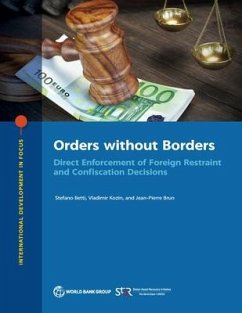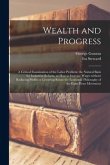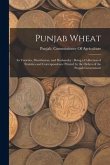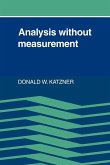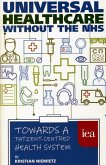This book offers an in-depth analysis of the concept of the direct enforcement of foreign restraint and confiscation orders, a crucial step in the process of asset recovery, including existing legal approaches and related challenges. In order to provide a balanced and informed overview, 31 jurisdictions, representing different United Nations regional groups and legal systems (civil law / common law / mixed systems), were selected as the focus of the analysis. This approach provides a meaningful picture of the situation worldwide from which generally applicable guidance could be drawn. The study suggests a series of practical steps and good practices for consideration by (1) countries exploring the possibility of introducing a direct enforcement mechanism into their domestic legal frameworks and (2) countries that are already in a position to directly enforce foreign confiscation orders but that are considering options to streamline processes and maximize results obtainable via direct enforcement approaches. This new StAR Initiative knowledge product is addressed to a broad range of law enforcement, justice, and asset recovery practitioners, as well as bodies involved in legislative and regulatory processes. It will be a useful tool in their work.
Bitte wählen Sie Ihr Anliegen aus.
Rechnungen
Retourenschein anfordern
Bestellstatus
Storno

